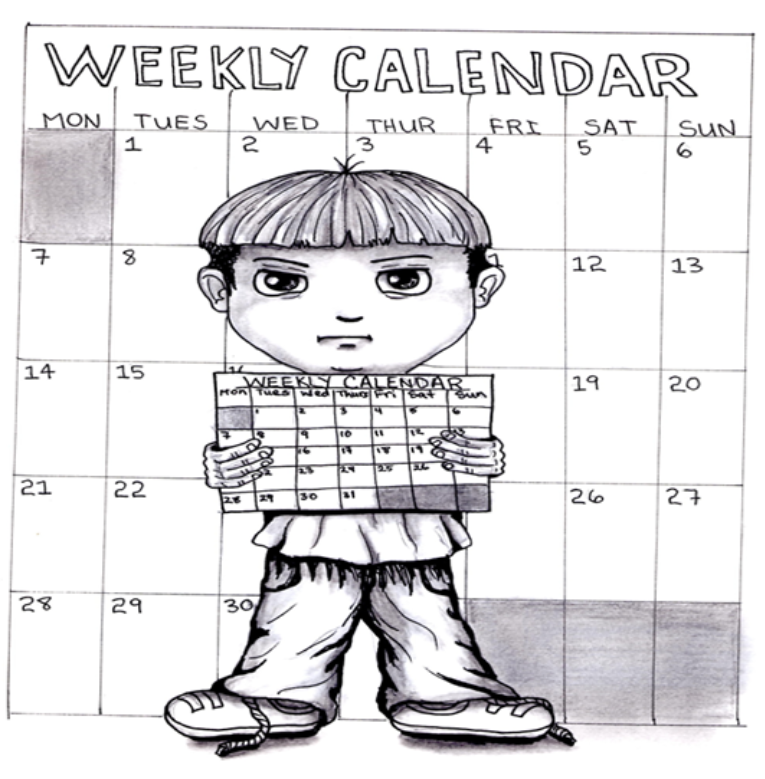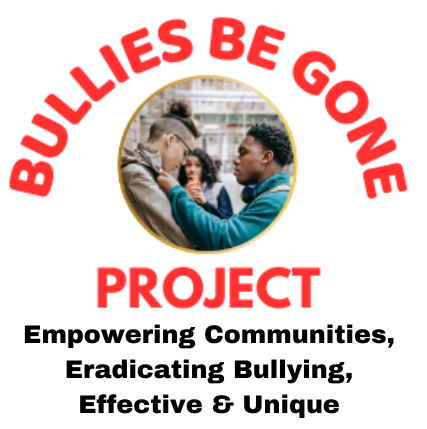MODULE 18
TRANSFORMATIONAL ANTI-BULLYING TRAINING
Weeks 35 – 36
“YOUR NASTY WORDS CANNOT HURT ME”

Students write their interpretation of theme/main idea of the illustration and what may be the hidden message(s) as they apply to bullying?
“YOUR NASTY WORDS CANNOT HURT ME”
You were counting on the nasty words you said to me hurting me so much, that just like a turtle, I would go into a permanent shell.
My parents told me not to give a bully that kind of satisfaction. From all the nasty words you said, guess what? I’m not feeling bad at all. In fact, I’m doing quite well.
Yes, your nasty words hurt me at first, just as you wanted them to.
I’m lucky to have parents, responsible adults, and even other kids, who showed me how to handle bullies like you.
I don’t care the least bit about what you do anymore. I really don’t care what you say.
Your nasty words cannot hurt me anymore. You tried putting me down, but with self-determination and help from others, I’ve been lifted up in every way.
I see you as a small and narrow-minded bully, unfortunately, with little or no positive direction.
I also see you as a kid who could be nice and kind to others, if you make the wise choice of changing your current bullying intentions.
Just in case you refuse to change and continue with your bullying ways, declaring that’s just how it’s going to be,
I’m going to do all I can to spread my anti-bullying knowledge to as many kids as I can. Then the next kid you try to bully, hopefully, will confidently say to you, “Your nasty words cannot hurt me.”
Al Johnson
Remind students: Select your favorite words or phrases in the poem. Copy them onto your “My Favorites” at the end of your workbook! Practice repeating them over and over again, so you are ready to confidently respond to a bully.
“YOUR NASTY WORDS CANNOT HURT ME” VOCABULARY – Now discuss the meanings of the following words/phrases, and how they are used in the stanzas of the poem for a clear understanding of the author’s intent:
- Permanent shell
- Satisfaction
- Least bit
- Self-determination
- Small-minded bully
- Change your intentions
- Declaring
“SEVEN DAYS A WEEK”

Students write their interpretation of theme/main idea of the illustration and what may be the hidden message(s) as they apply to bullying?
“SEVEN DAYS A WEEK”-Poem
Not for one day, two, or three, but for seven days a week, you’ll no longer bully me.
It took some time for me to clearly see, to defeat you, exactly how I really needed to be.
I’ve decided that for seven days a week, I will be confident and strong.
Bullies like you will then get the message, loud and clear, to leave me alone.
I never look for trouble as you do, l enjoy being nice and having good and kind friends.
You enjoy making other kids afraid to come to school because they know what bullies like you intend.
I’m going to share my seven days a week self-confidence pledge with other kids you might seek out to bully.
Then, just maybe, everywhere you look, there will be nothing but confident kids all around you. I know that’s not what you really want to see.
If you stop your bullying ways, guess how your life could turn out to be,
Full of fun, true friends, and shared laughter, seven days a week.
Al Johnson
Remind students: Select your favorite words or phrases in the poem. Copy them onto your “My Favorites” at the end of your workbook! Practice repeating them over and over again, so you are ready to confidently respond to a bully.
“SEVEN DAYS A WEEK” VOCABULARY – Discuss the meanings of the following words/phrases, and how they are used in the stanzas of the poem:
- Confident and strong
- What bullies intend
- Pledge
- Shared laughter


